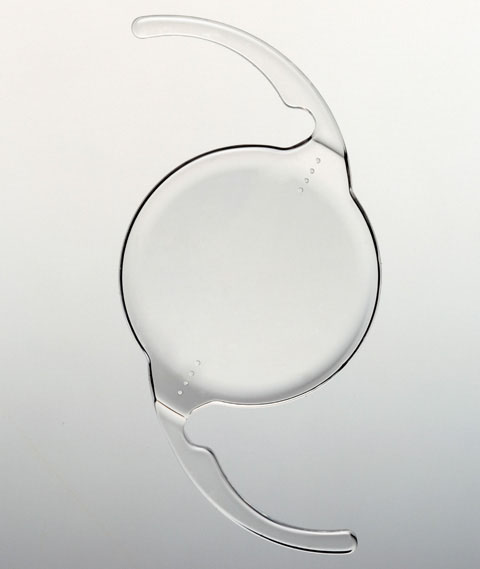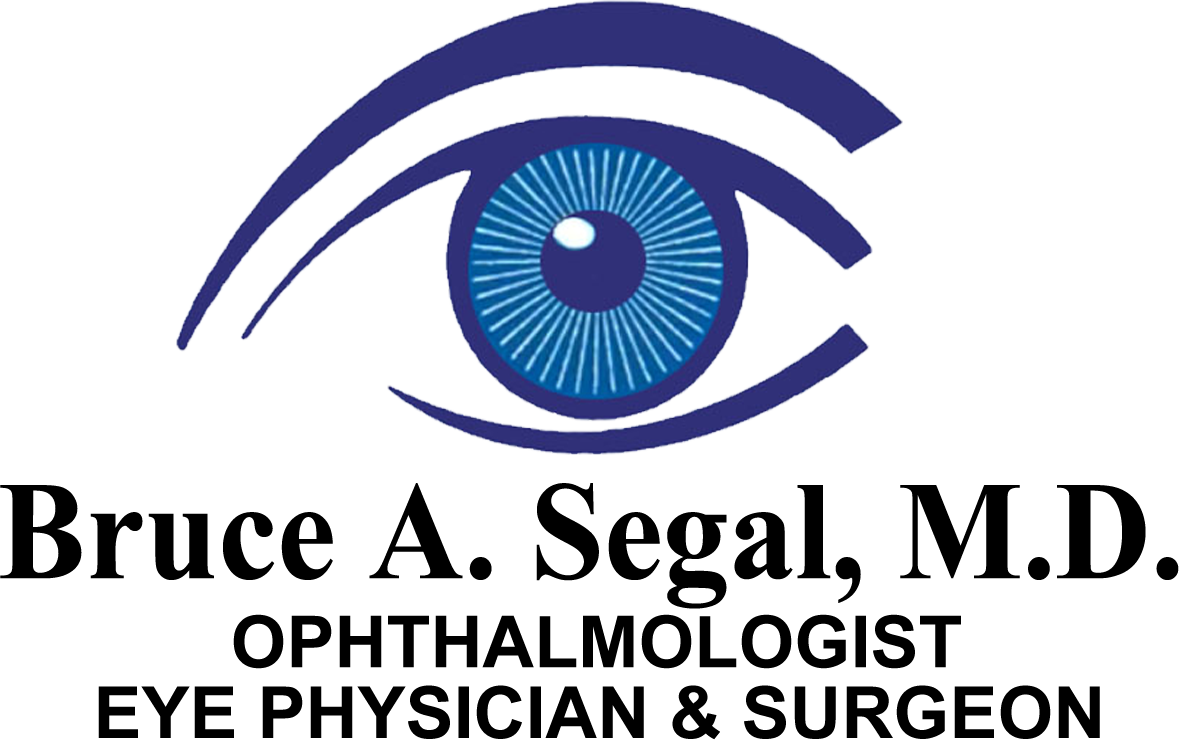TORIC AND RESTOR
The ReSTOR intraocular lens is unique in that it works by combining the strengths of diffractive and refractive technologies. It is the only IOL (intraocular lens) to utilize apodization, the gradual bending and reduction of the diffractive step heights, to create a smooth transition between distance, intermediate and near focuses. In clinical studies, many patients reported never needing to wear glasses again, compared to one in ten patients who received regular lens implants. The choice between a ReStor and Crystalens is based on many technical factors and Dr. Segal will discuss the options that are the best for your case.
TORIC
Astigmatism is when one axis of the eye is more nearsighted that the rest of the eye. To reduce the need for glasses you need to correct the astigmatism with a special toric lens implant, or a procedure called a limbal relaxing incision. Cataract surgery is an outpatient procedure where we remove the clouded cataract lens and replaces it with an artificial lens. The standard lens does not correct any astigmatism. If you have astigmatism, and you receive a standard lens, you will still experience blurred and distorted vision without glasses. To achieve quality distance vision with a standard monofocal IOL, you may still require glasses, contact lenses, or further surgery.
If freedom from eyeglasses or contact lenses for distance vision is important to you, you have several options either during or after cataract surgery to reduce the need for astigmatism corrective lenses: Toric lens implant, limbal relaxing incision, or LASIK.


The Toric (astigmatism reducing) lens is a foldable lens that an eye surgeon implants during cataract surgery to replace the clouded lens. The unique design of the Toric lens makes it possible to eliminate or reduce astigmatism and significantly improve distance vision without glasses.
LIMBAL RELAXING INCISION
Limbal relaxing incisions are strategically placed superficial incisions placed on the peripheral cornea, causing it to relax and become more spherical and round. This allows light to focus more precisely on the retina, causing vision to become sharper and clearer. Limbal relaxing incisions take minutes to perform and can be used in the office or in conjunction with cataract surgery.
